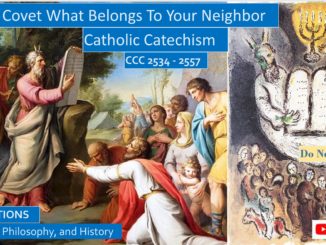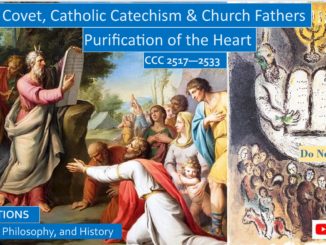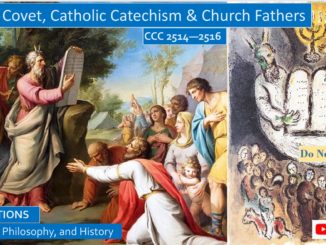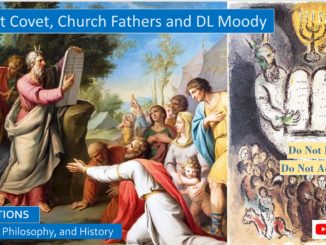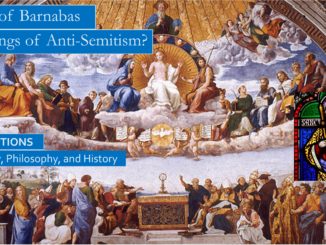
The Decalogue in the Torah, Blog 3: Does the Torah Condone Divorce?
The attitude of the Torah towards divorce can be gleaned from the very words the Torah uses to describe G_d, blessed is He, whose Name is so holy usually it is rendered in the Torah as either Adonoy the merciful, or Elohim the just. Elohim may get angry, but Elohim rarely speaks to judge, it is always Adonoy the merciful who speaks. Elohim the just may visit justice to the third and fourth generations of those who hate Him, but Adonoy the merciful remembers those who Love him for thousands of generations. If Adonoy is so quick to be merciful to us, why should would not be as quick to be merciful to those whose lives we affect, particularly those close to us, our loved ones, our family? […]



